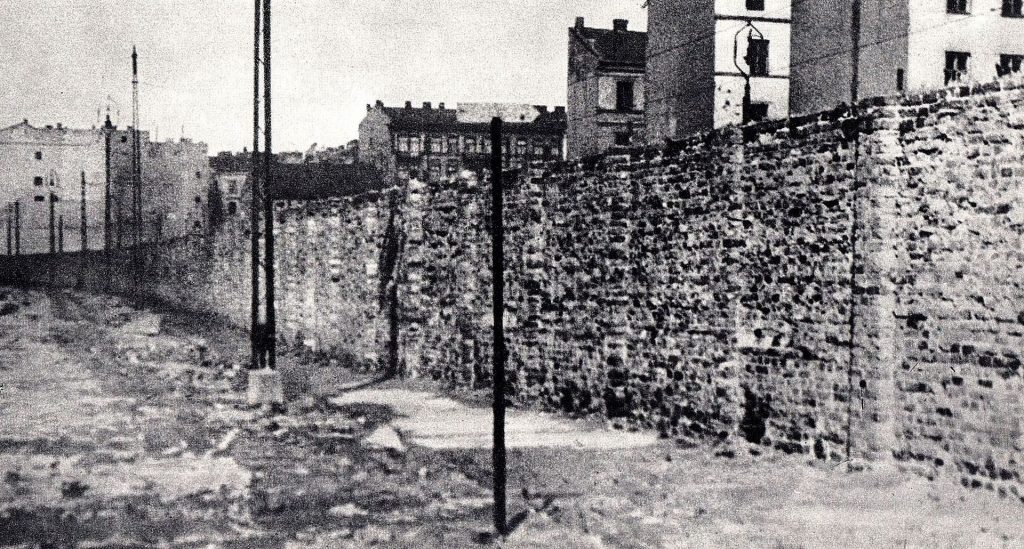Soren Kierkegaard, one of my favorite philosophers, lived in Denmark during the Nineteenth Century when Danish Christianity became less of a spiritual experience and more of an exercise in routine life. Kierkegaard criticized the way his fellow citizens in Copenhagen practiced their religion, one in which comfort removed the challenge of interior faith. As Kierkegaard put it:
Christendom has done away with Christianity without being quite aware of it.
I think that we can see similar strains of spiritual dryness in both the state of the church in Denmark during the mid-1800s, and in the Church of England during the early Eighteenth Century, which precipitated the Methodists and rise of the Wesley brothers, and eventually the First Great Awakening.
I also think that Kierkegaard might be reacting, if not explicitly, against an effect of the Industrial Revolution in Europe. With the rise of the factory, growth in urban areas, and expansion of economies, life began to change like never before. While Holland had already tapped a new line of capitalist activity with its development of the Dutch East India Company and state-focused stock trading in the Seventeenth Century, I imagine that factory life was something that became increasingly pervasive only in the later 1700s and into the 1800s. It is understandable that an increasingly mechanized world would cause spirituality to suffer, as the average worker might be required to work longer hours (and in shabby conditions), and even the factory owners would be subject to the production demands of their clients. Less time would be spent with family and spiritual matters as the hours were mainly spent at monotonous jobs.
This is a hypothesis, so anyone agree/disagree?



